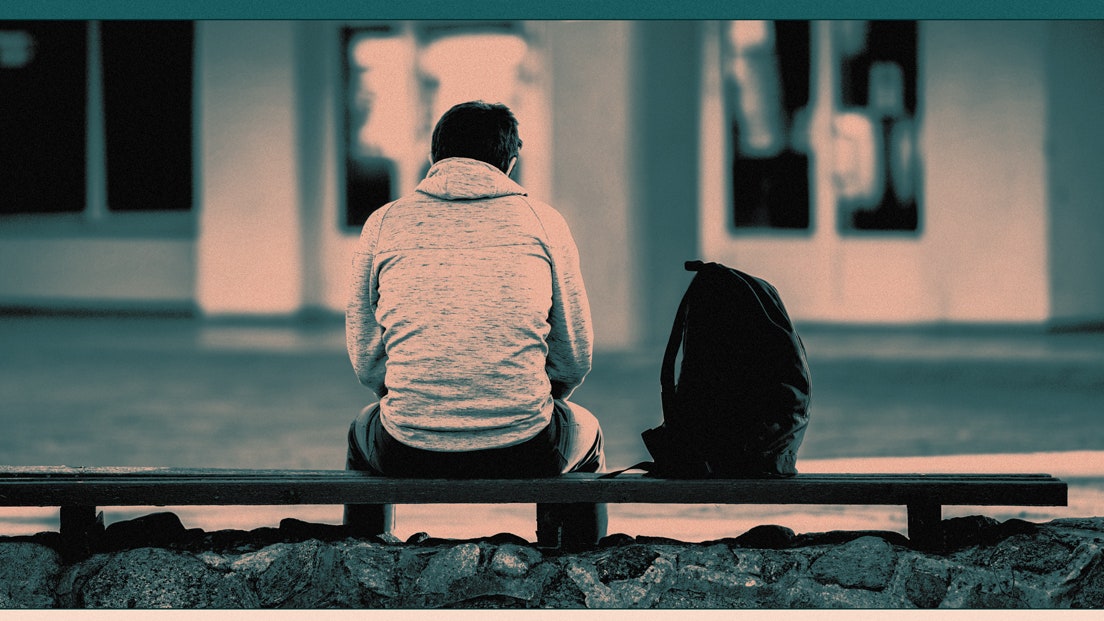“He gives off high school shooter vibes” is a common phrase at my high school in Texas. Typically, this jargon describes male students who are perceived as aggressive, angry, and withdrawn. In my sophomore year, my first day of post-pandemic in-person high school included protocols on what to do in the event of a “lockdown.” Two of my teachers even went so far as to promise that if there was a school shooting, they would sacrifice their own lives for us.
While the nation has faltered for a decade one of the deadliest school shootings in the United States, I have reflected on my own experiences growing up as a public school student in the United States with incidents of gun violence at school.
When I was in first grade, 26 people were shot at Sandy Hook Elementary School in Connecticut. I remember hearing my parents’ muffled conversations about these murdered children as I played with Legos. Almost five years ago, when I was in sixth grade, 17 people died Marjory Stoneman Douglas High School in Florida. Students at my middle school organized a peaceful walkout to commemorate the victims of the shooting. I can still hear the school-wide intercom warning students of potential disciplinary consequences if we skip class to leave the house.
Now I’m 16. Seven months ago in Uvalde, Texas – a town close enough to drive there in an afternoon – 21 lives were stolen from Robb Elementary School.
Decades ago, prominent pop culture films such as mean girls, clueless, and others portrayed stereotypes of the American high school landscape. Today, these clichés still exist in modern young adult media, but now the “school gunner” cliché has joined the jock, cheerleader, and geek. On any given day, I can easily scroll through TikTok, looking at prom dress fittings and dance routines amidst jokes or stories about a potential school gunner, most of which tend to cast suspicion on introverted students.
These student-made videos may include someone doing a crack like, “The day after, I make fun of the quiet kid,” using exaggerated facial expressions and props like Nerf guns to mimic school gunners in action. Not only do these videos demonstrate my generation’s “new normal,” they also encourage a bitter stereotype that might impact how introverted students are perceived in a classroom setting.
Shockingly, school shootings have become so common in American youth culture that we to kid about you, cultivating that dark humor to protect our vulnerable selves from the dangerous exposure we feel when we go to school. College students, already facing social consequences for being more introverted or somehow “different” from their peers, are more likely to be the invisible victims of America’s refusal to regulate automatic weapons.
With school shootings lurking near my front door in this country, these matters quickly turn from joke fodder to outright fear. I wonder if the same teachers who promised to sacrifice themselves for us will soon be gone. I wonder how many more children will have to die before the leaders we elect are elected Laws for Real Change. I even wonder if I’ll survive the rest of my junior year.
